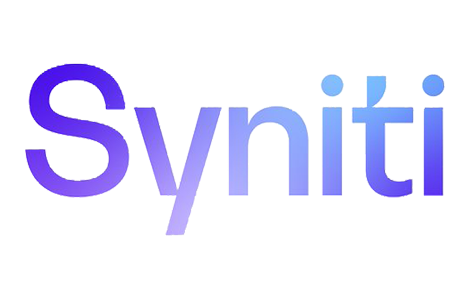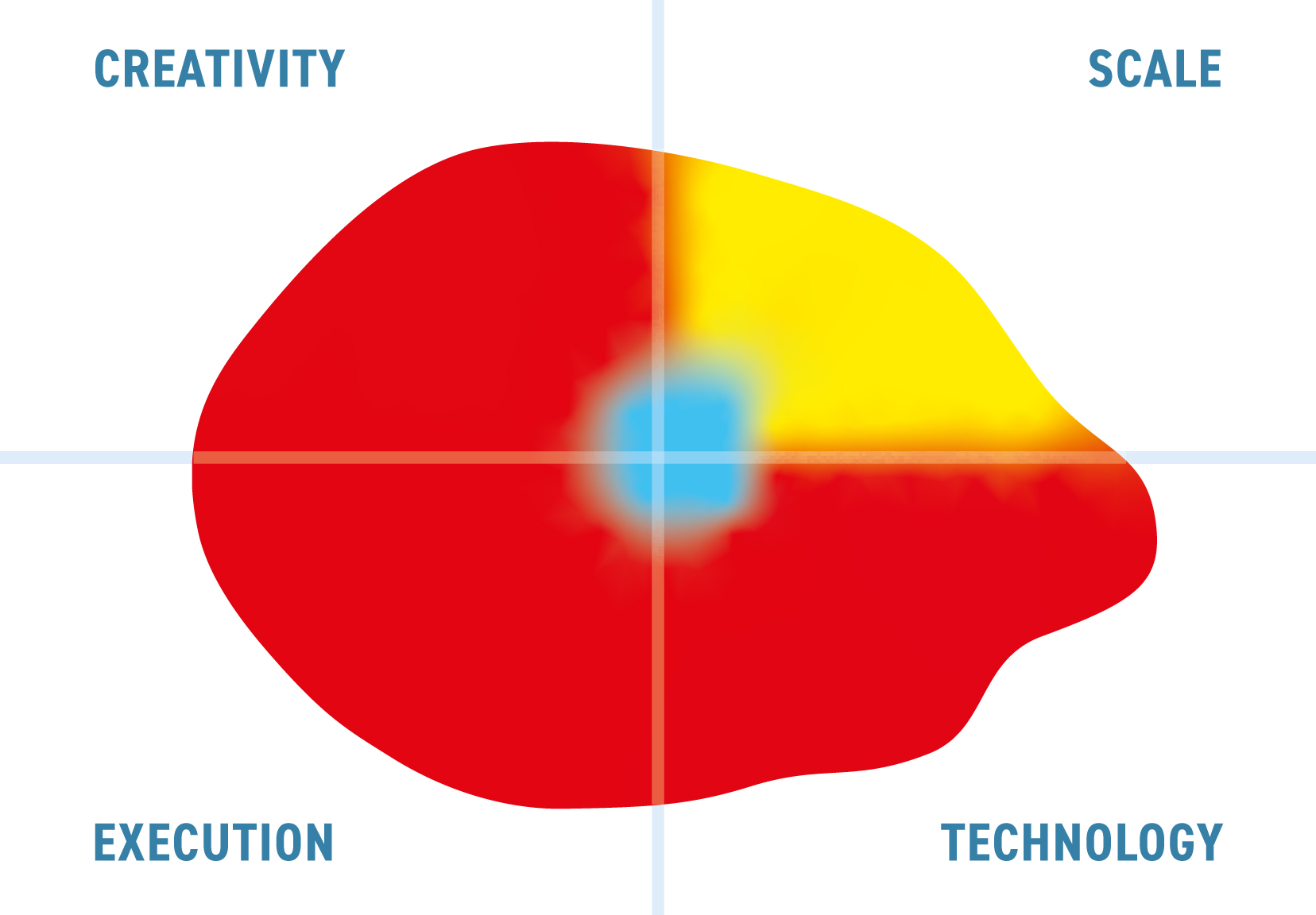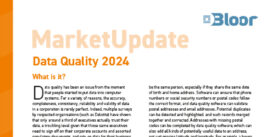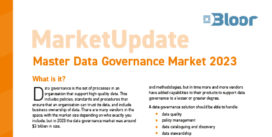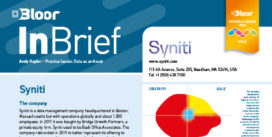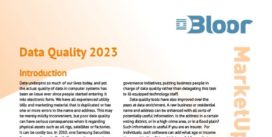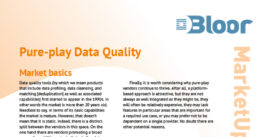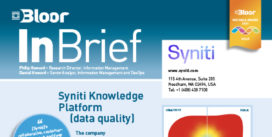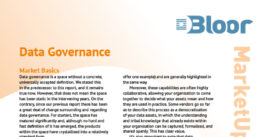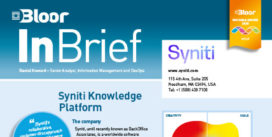Syniti’s SKP can extract over a hundred different types of source systems, with an extensive range of connectors to assorted databases and file systems. It is important to understand that in a migration project it is not just a matter of a mass copy of raw data from one system to another. Legacy systems will have assorted data quality issues as well as duplicated records, and it is a major exercise to identify incomplete or missing data, and decide amongst candidate records which data is the most trustworthy – the rules for such decisions are known as “survivorship rules”. For example, some data may be more recently updated than others, some may be more complete, and some may be from highly trusted systems. Rules need to be established and refined to take into account which data records are to be migrated to the target systems. SKP has full data profiling and data quality capability, including a high-performance matching engine (an acquisition). This includes machine learning capability for more efficient merge/matching of data records. Master data that emerges from this process is stored with a master data hub, ready for load to the target systems. Although the target is often SAP, the SKP software is agnostic, and can be used for any data migration project. All metadata, rules, policies, and intellectual property developed during a project are saved in the Syniti Knowledge Platform (SKP) and are ready for re-use. Accelerate future data quality, master data management, data migration, and data governance projects using the intellectual property from your data migration.
The master data management component of the suite uses a SQL database to store master data records and is domain-agnostic, so it can handle data about customers and products but also master data about suppliers, locations and materials etc. There are examples of deployments with many tens of millions of master data records. It is likely that, in time, the core master data hub will be switched to a graph database, which has advantages over relational when it comes to quickly dealing with complex relationships between data. Data load routines are generated within SKP, and do not require additional programming, for example with SAP’s ABAP proprietary language.
SKP has prototyping capabilities and can be deployed in an agile manner, taking advantage of pre-built templates of rules and processes to accelerate migration projects. This enables iterative implementation, for example including simulated load routines to ensure that any data issues are resolved prior to data going live in production. At the time of writing Syniti’s software has been deployed at over 570 customers, including many major multi-nationals, which are the core of its Fortune 1,000 target market. These include companies like Levi’s, British American Tobacco, Zespri, Merck, Organon, Exxon, FrieslandCampina, and Carlsberg. All new customers are deployed in public cloud with transactional data staying in the VPC or hyperscaler of the customer’s choice.

